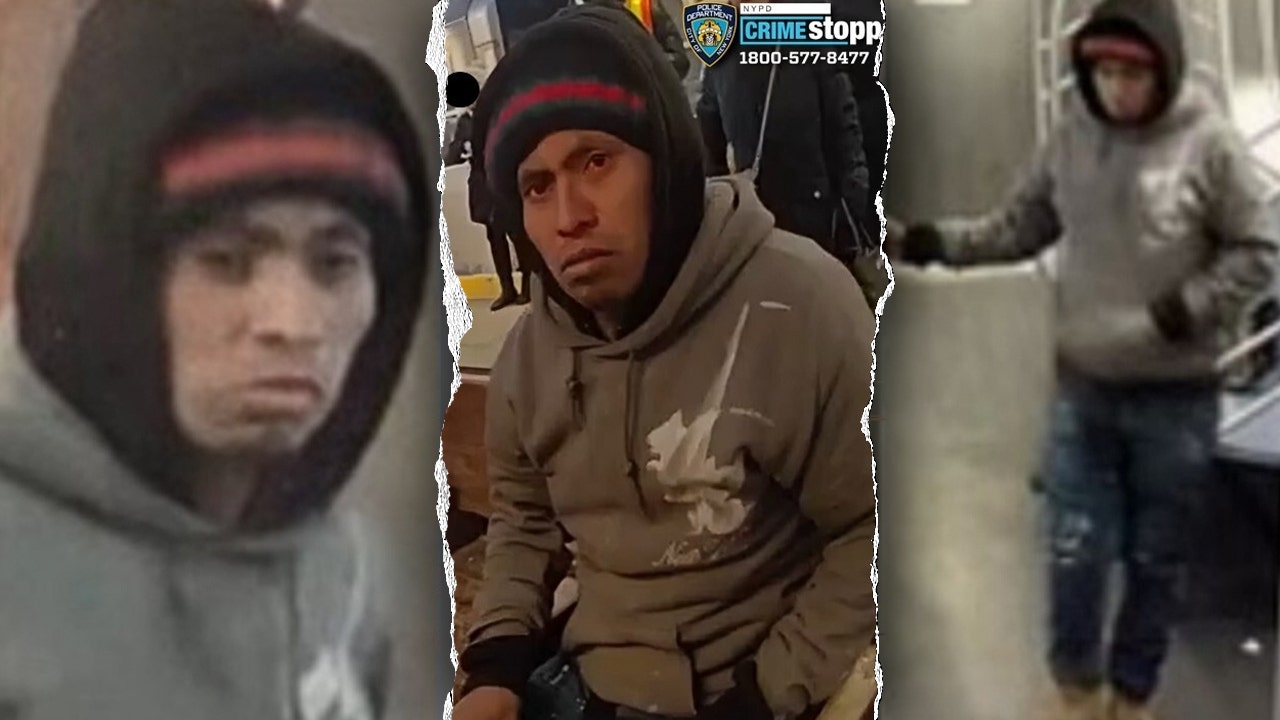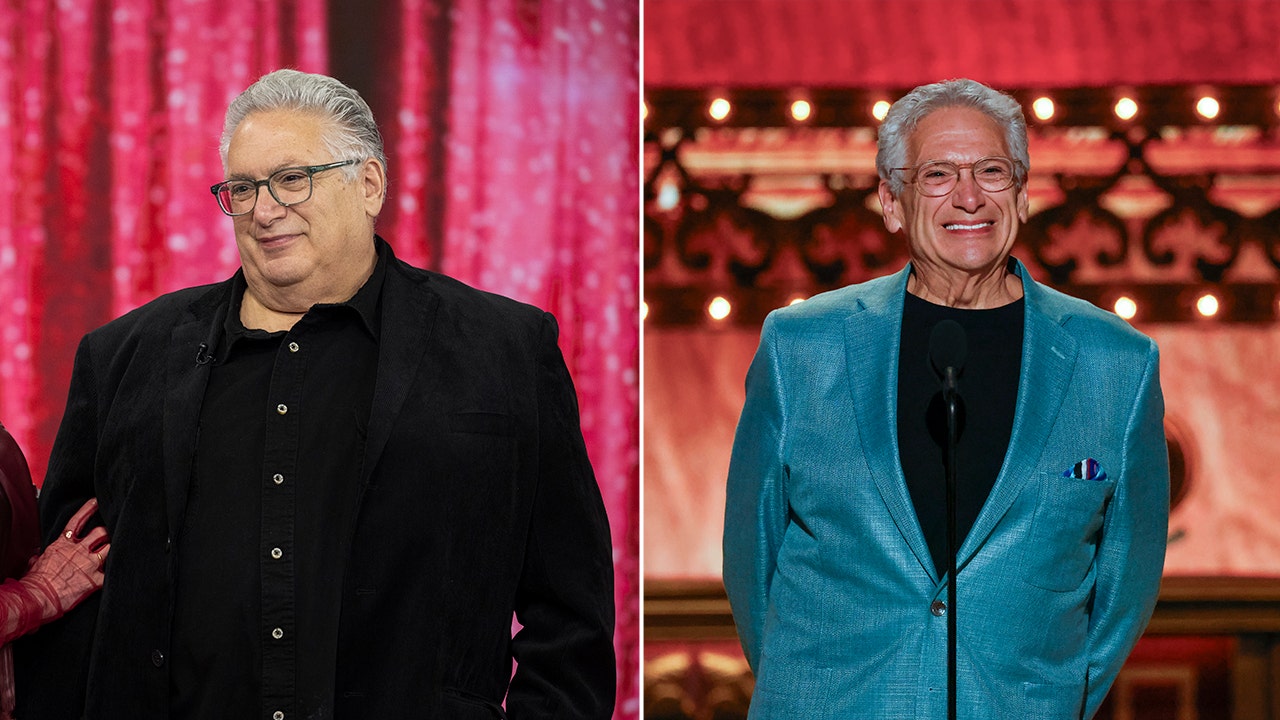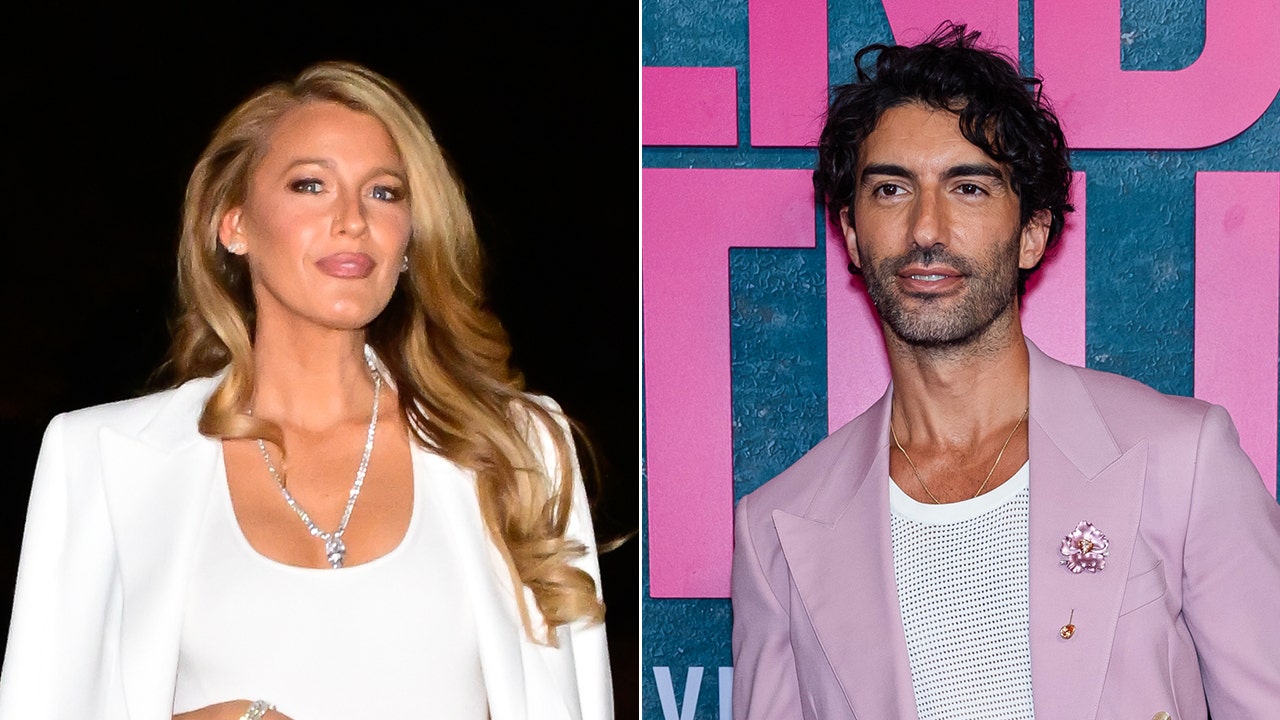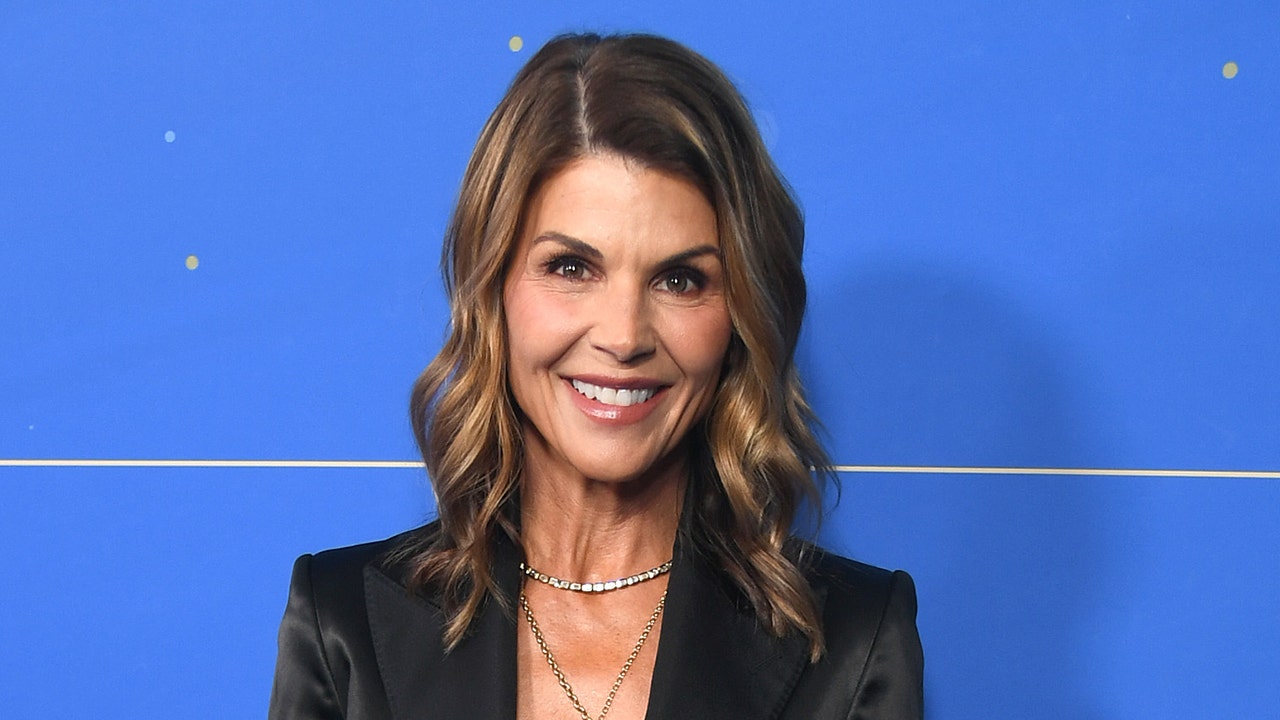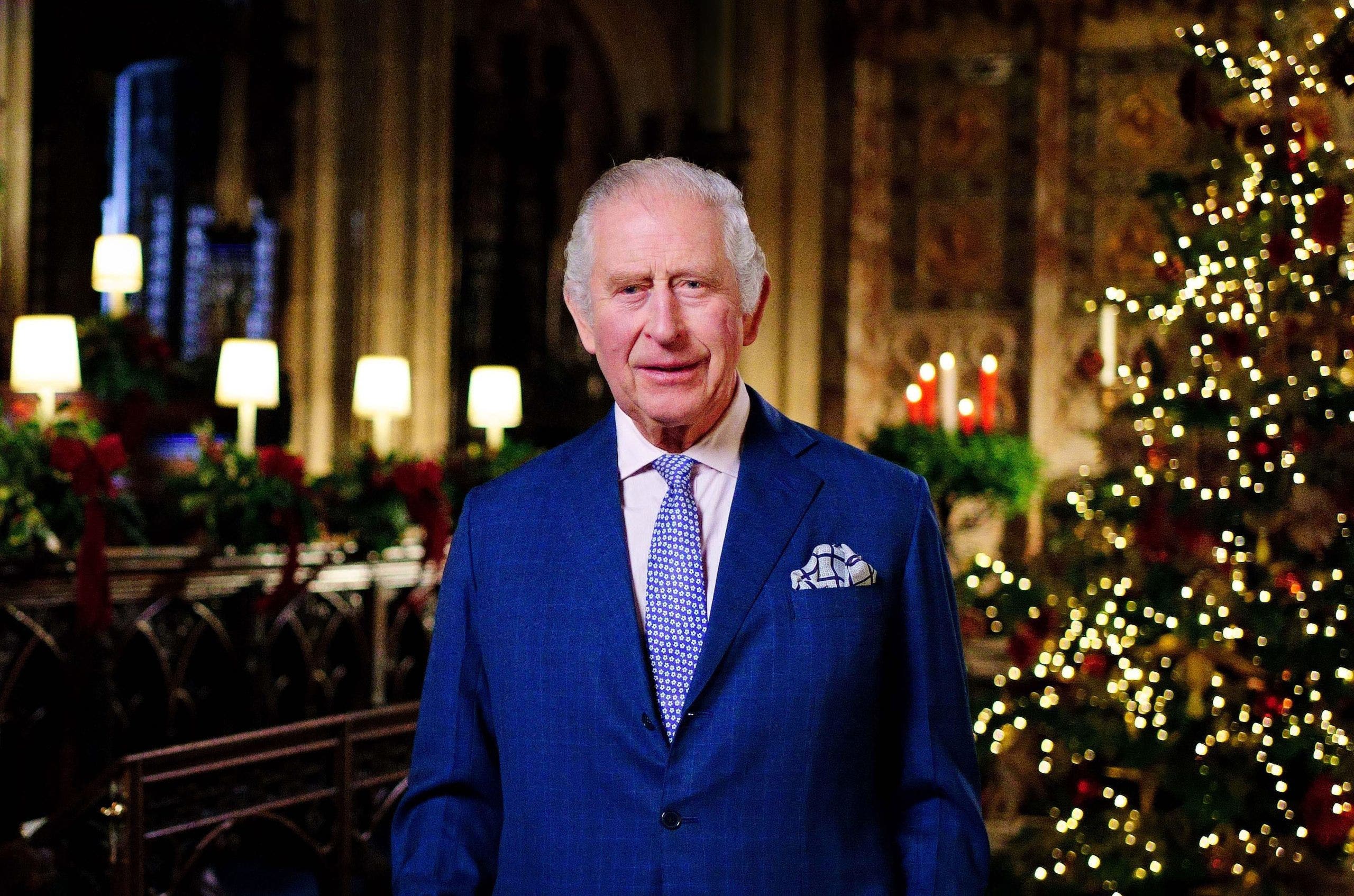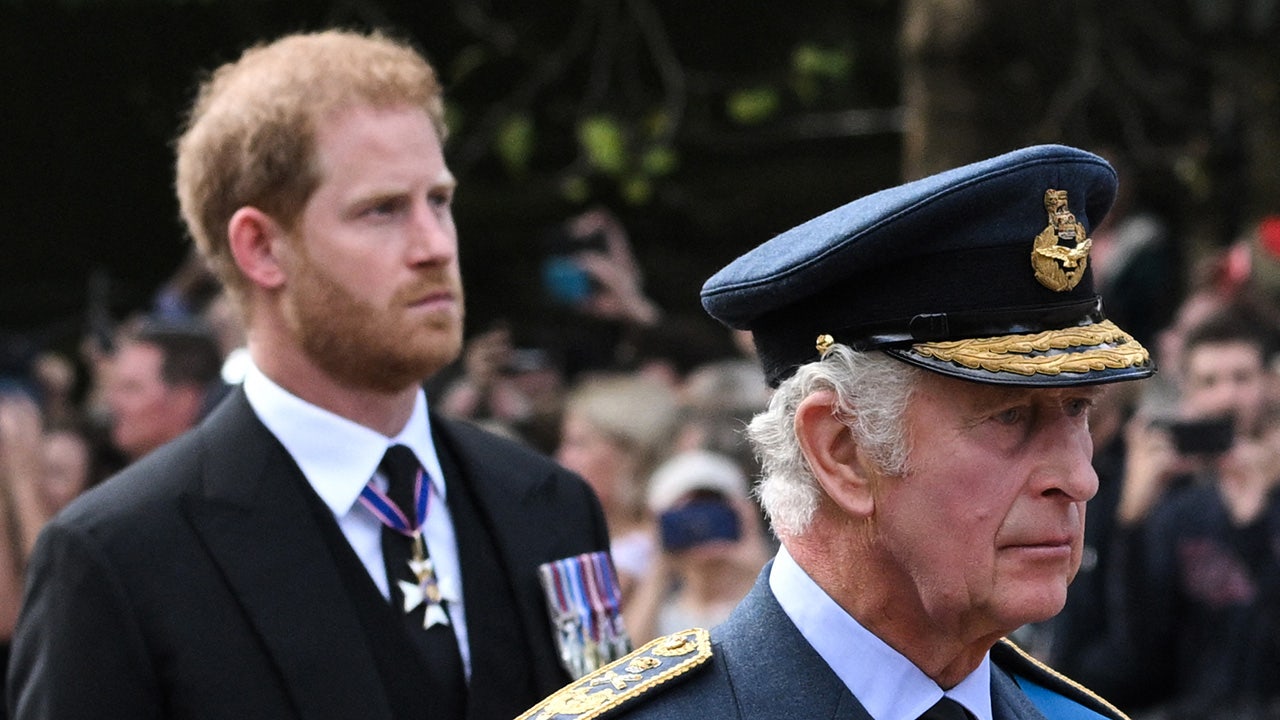King Charles III is urged to ignore Prince Harry’s phone calls and letters — an author suggests this is a wise move.
Recently, Buckingham Palace announced troubling news about the 75-year-old monarch, as he battles an undisclosed form of cancer.
Robert Hardman, a royal biographer, encapsulates the sentiments of many: “People keep asking, ‘Why doesn’t he make time for Harry?’ Yet right now, we need to focus on keeping the king’s stress levels in check. Surely, he has more pressing worries.” The weight of the situation speaks volumes. The family ties, strained as they are, need consideration before any reconciliation takes place.
He further reflects, “Harry’s statements and revelations in interviews, coupled with his book, have created a complex tapestry of grievances. There’s much that needs sorting out. As it stands, this is simply not the right moment.” There exists an underlying hope, however, that the king yearns for normalcy within their relationship.
“People keep asking, ‘Why doesn’t he make time for Harry?’ Yet right now, we need to focus on keeping the king’s stress levels in check. Surely, he has more pressing worries.”
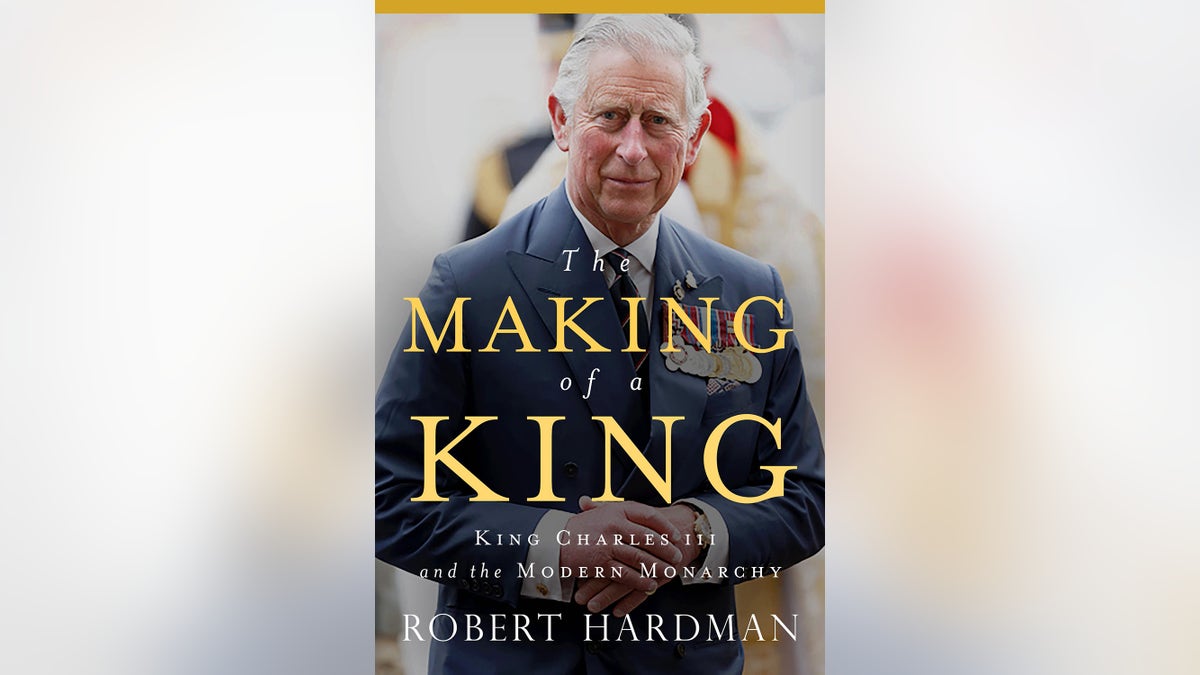
Unraveling the Strained Father-Son Dynamic
As news broke in July about Harry’s intentions to appeal against a court ruling denying him security, it painted a clearer picture of the tensions at play within the royal family. Insiders revealed that the onus of their ongoing estrangement may lie in this very issue. Since relinquishing his status as a working royal in 2020, Harry has felt the pangs of his decision in stark warnings regarding his safety, for himself and his family.
Images and articles pervading public discourse emphasize how Harry lost his taxpayer-funded personal security and, with it, a crucial layer of assurance when in the UK. It’s difficult to ignore the emotional backdrop against which these events unfold. A father who once shared a tight bond feels estranged from his son, and it ties into broader public sentiment.

The Royal Invitation and Acceptance
This tension was particularly palpable when Harry decided against accepting an invitation to stay at a royal residence during his UK visit for the Invictus Games. The absence of security at the royal abode, as reported by The Telegraph, played a significant role in his choice to stay elsewhere. Instead, Harry opted for a hotel — a choice echoing both practicality and perhaps a sense of self-preservation amidst a chaotic familial backdrop.
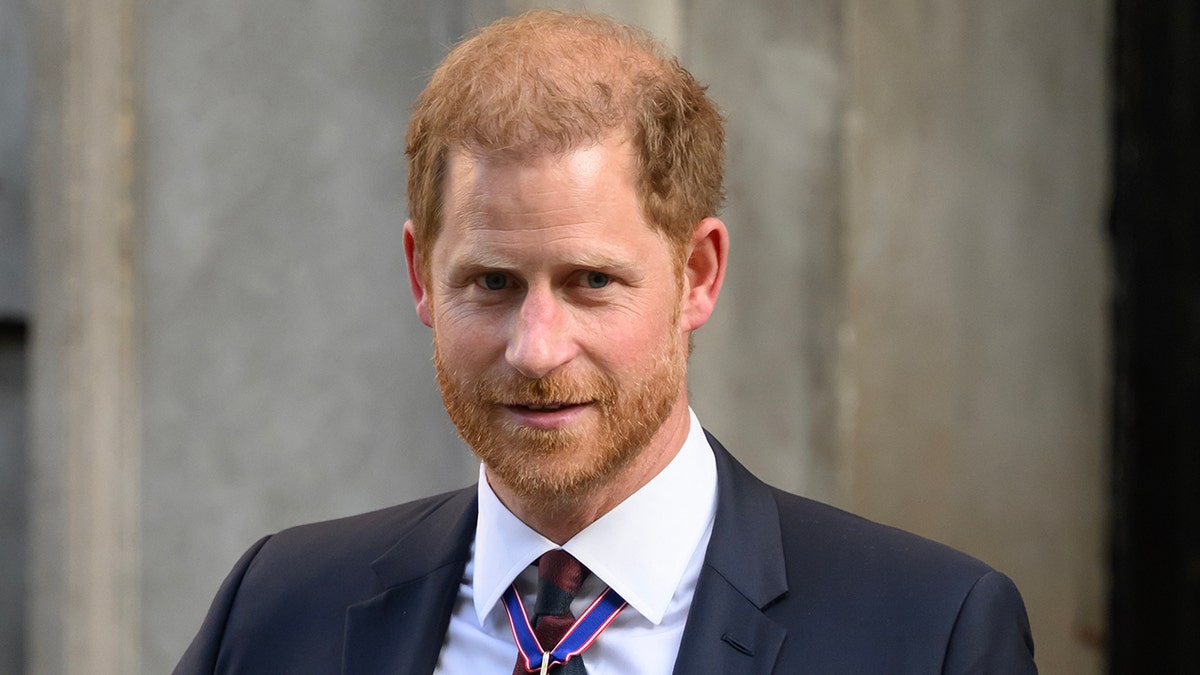
There’s a poignant irony in this narrative — a son longing for his father’s acceptance while the father grapples with the expectations and realities of monarchy. Harry’s attempts to regain what once was need careful navigation— a dance of emotions layered with history and responsibility.
Despite these converging pressures, Hardman posits that King Charles continues to fulfill his grandfatherly duties, often relishing moments spent with his grandchildren. “Surprisingly, since ascending to the throne, such opportunities to be part of their young lives have increased, providing a small comfort amidst the turmoil,” Hardman notes.

Navigating the Complexities of Modern Royal Life
Hardman elucidates the complexity of family dynamics as Charles seeks to prioritize nurturing his grandchildren while also managing a kingdom. “Having a relationship with his grandchildren is paramount for him,” he observes, implying that this bond represents a softer side of a monarch often laden with heavy burdens. King Charles, with his penchant for organic gardening and love for the countryside, seems to find solace in these familial ties.
Meanwhile, Prince Harry reflects on his own journey, disentangling from royal responsibilities is a weighty decision. The departure was not solely rooted in familial strife; it included gasps of relief from escaping the incessant scrutiny faced by modern royals. As he navigates fatherhood on his terms, he seeks to reconcile past grievances with a sense of purpose for his family’s future.

Through it all, the emotional distance between Harry and Charles speaks to a narrative of longing and resilience. As they both strive to navigate their roles—one as a father and king, the other as a son and a former royal—the unresolved strains may very well be the catalyst for eventual healing. It’s a poignant reminder that even in the grand frameworks of monarchy, the heart still yearns for connection and understanding.

